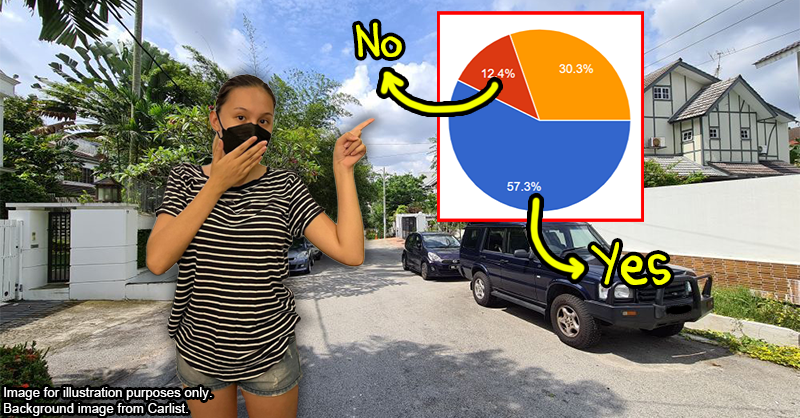KJ has an evil-sounding “Generational End Game” planned… here’s why it might not work.

- 239Shares
- Facebook214
- Twitter5
- LinkedIn5
- Email6
- WhatsApp9
So, KJ has announced the government’s plan to bring about a “Generational End Game” (GEG) in Malaysia earlier in January this year. Despite its Illuminati-esque name that conjures images of children suffering in a series of Malaysian Squid games, the GEG is something that’s way more boring: it’s basically a proposal to put laws in place to ban smoking or vaping for people born after 2005.

And it seems like Malaysia’s the only country that’s using a weird name for what amounts to a ban for cigarettes and vapes, cuz…
Other countries have their own versions of Generational End Game
Mhm, KJ wasn’t the first one to come up with the idea. No surprise there, cuz we’ve known for a long time now that tobacco isn’t exactly the best thing for your health, and partial smoking bans, particularly in public spaces, is pretty common around the world… which is why some of these countries (among others) have plans to end tobacco use for the next generation:
- Finland (since 2010)
- England (since 2019)
- New Zealand (since 2021)
- USA (since 2021)
- Denmark (since 2022)
So yes, stamping out cigarettes appears to be an increasing trend in more and more countries. On the other hand, opinions are kinda mixed for vapes and e-cigarettes: some researchers think vaping is a sort of gateway drug that leads to cigarette smoking, others say that it will help the GEG in the long run, despite our government wanting to ban it alongside cigs.
That headscratcher aside, getting future generations to not smoke does sound like a fantastic idea. Kids who grow up into nicotine-free adults will probably save money, be at lower risk of contracting smoking-related diseases, and they won’t smell like walking ashtrays wherever they go. Just gotta slap down the new tobacco regulations and we’re good to go, right? Not quite. Banning cigarettes and vapes for a specific subset of the population isn’t as straightforward as it seems…
Banning cigarettes and vapes come with their own issues

First off, there’s the Streisand effect – in many cases, banning something only makes it more desirable. Let’s take Bhutan as an example. The country actually outlawed the sale of tobacco products in 2004, with an outrageous 100% import duty to be paid for cigarettes brought in from outside Bhutan for personal consumption. The ban didn’t last forever, though, cuz having a new restriction in place didn’t mean there were less demand for cigarettes. The rates of cigarette smuggling and the prices of contraband cigarettes skyrocketed, forcing the Bhutanese authorities to reverse their decision in 2021.

Then there’s the enforcement of the ban. A total ban is one thing, but specifically prohibiting the sale of cigs and vapes to people born after 2005 seems really hard to enforce, at least in the short term. Having an abang polis outside every grocery store, convenience mart, Chinese medicine shop, mamak, warung, vape shops and supermarkets is out of the question. Will it, then, fall to the proprietors of these outlets to check the IC of everyone who wants to buy cigs or vapes but looks a smidge young? Oh, yeah, and remember that old “no smoking in public places” law? No, we thought not.
To be fair, there have been studies that showed a correlation between smoking bans and a reduction in the number of cigarettes smoked (and less smoking in general), and until the government irons these wrinkles out and clarifies on how they’re gonna implement these laws, maybe the move to make is to educate the kids so they can make informed choices in the future and eventually, not to get smuggled cigarettes from who-knows-where.
- 239Shares
- Facebook214
- Twitter5
- LinkedIn5
- Email6
- WhatsApp9



